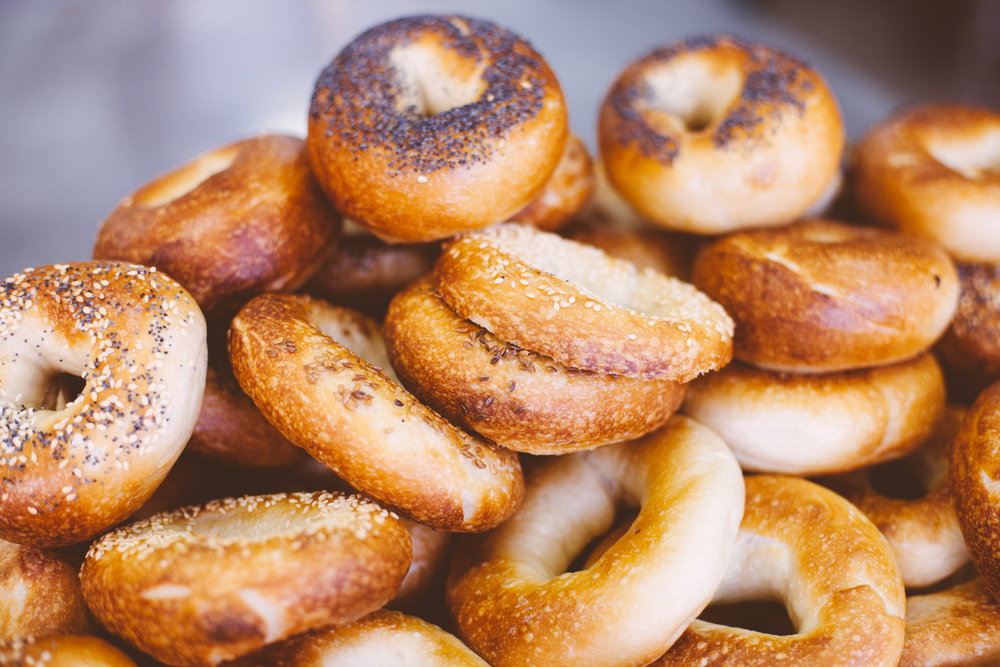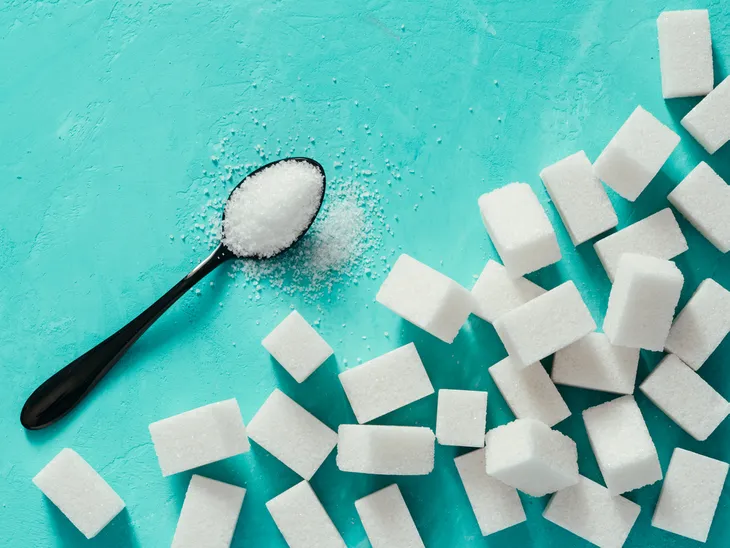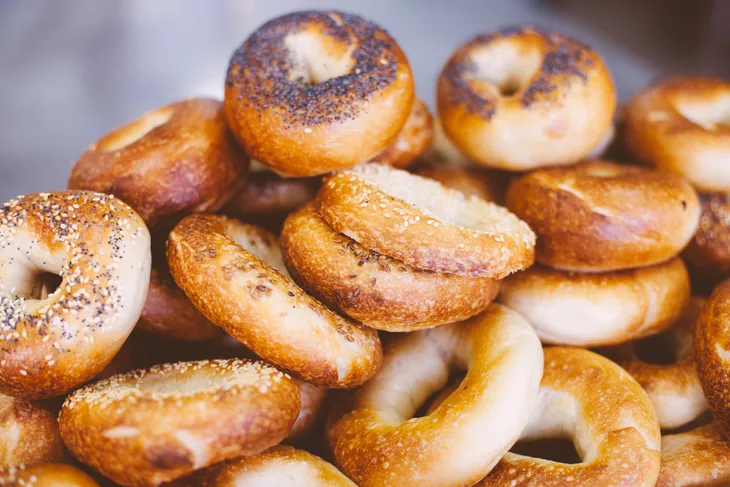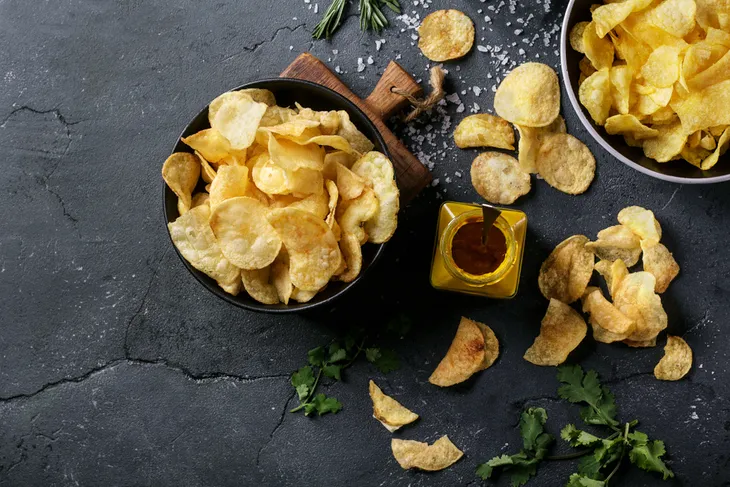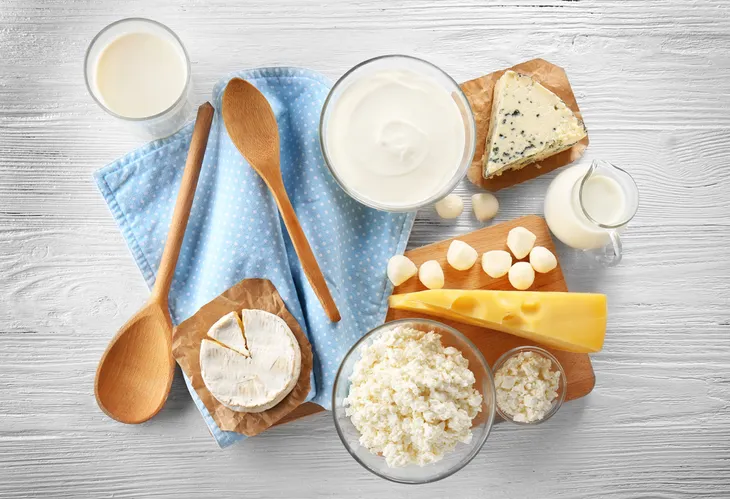Aging is a completely normal and natural process. Hard as we might try, we can’t escape it! We’ll all age eventually and everyone goes through it at their own pace. That said, for some it may appear to come on a little quicker than others. This can be a result of many factors, including risk factors like family history and medical conditions, as well as lifestyle factors such as smoking, drinking, and diet.
While anti-aging moisturizers and serums may help you look and feel younger, what you put in your body is just as, if not more important. For example, eating too many processed foods can lead to damage in your skin’s collagen which could make you appear older than you actually are. We believe everything can be enjoyed in moderation, however you may want to be mindful of these foods that can speed up the aging process.
Want senior content delivered straight to your inbox? Sign up for our exclusive email list and receive articles and news on diet & nutrition, fitness, and mental health dedicated specifically to our senior audience!
Sugar
Sugar is that sweet ingredient that makes our favorite desserts taste delicious. It may taste good but it could be the culprit to accelerated aging. Sugar can accelerate the aging process through DNA damage. “…at the end of each strand of our DNA is a little cap, called a telomere, which protects our DNA from damage. Every time our DNA is read and duplicated, those telomeres shorten,” says Dr. Nish. “While our bodies normally replace those telomeres, sugar quickens that shortening, and thereby, advances the aging process.”
Sugar can take a toll on your skin and some side effects include the development of dark spots, slower healing of cuts and scrapes, sagging neck and chin, and the appearance of wrinkles. While some skin damage is irreversible, you can reverse some of the metabolic consequences of sugar and help prevent chronic diseases like heart disease, stroke, dementia, cancer, and more. The best way to begin removing sugar from your diet is to start reading labels on drinks and food and try your best to lean on fresh fruits when you’re craving for something sweet!
Processed Meats
Processed meats like bacon, sausage, and cured meats are delicious but they’re not really good for you especially if they’re consumed too often. According to Ariel Ostad, a scientist at the American Academy of Dermatology, “Many of these meats have sulfites and other preservatives, which can trigger inflammation in the skin, and accelerate the appearance of aging.”
Processed meats are also high in sodium chloride, also known as table salt. Consuming too much salt may lead to high blood pressure, heart disease, and stomach cancer. Seasoning your food with a dash of salt is completely okay, but overindulging in processed meats may wreak havoc internally and externally. Try your best to consume lean sources of protein instead of processed meats.
Alcohol
Pouring a glass of wine at the end of the day to unwind may do no harm, but excessive drinking may accelerate aging. As we get older, our body water content decreases, and the risk of dehydration increases. This means seniors are more likely to be dehydrated. Dehydration is linked to alcohol because when you drink alcohol it can pull even more water out of the body which further increases your chances of dehydration. Alcohol can also dry out your skin.
In addition to dehydration and dry skin, excessive alcohol consumption takes a toll on the brain. This is because excessive drinking over a long period of time can shrink brain cells which in turn, can lead to alcohol-related brain damage and some types of dementia. Some of the side effects include lack of emotion control, organization, judgment, and difficulty staying focused. If you don’t want to cut alcohol from your diet completely be sure to consume it in moderation.
Trans Fats
Trans fats may not be a food per se but it’s found in many processed foods you’re likely eating on a regular basis. Some common foods that contain trans fats include store-bought cookies, microwave popcorn, frozen pizza, refrigerated dough, margarine, shortening, fried foods, and more.
According to Timothy Harlan, MD, an assistant professor of medicine at Tulane University School of Medicine, “Poor-quality foods, like trans fats, cause inflammation — and aging is basically a chronic inflammatory state.” Trans fats increase the bad cholesterol and lower the good cholesterol so it’s best to keep your intake of trans fat as low as possible.
Refined Carbs
Many people have refined carbs stocked in their pantries from bagels and breakfast cereals to dried pasta and beyond. These foods may be delicious but they may also accelerate aging.
Refined carbs may accelerate aging because they can increase the production of advanced glycation end (AGE’s). AGE’s are proteins that become glycated when exposed to sugar, such as refined carbs, which can deteriorate the body’s ability to repair and regenerate cells. If this happens, your skin’s elasticity may decrease and your wrinkles may deepen making you appear older than you actually are. It’s best to enjoy refined carbs as a special treat every once and a while and instead indulge in sprouted grain bread that is free of sugar.
Salty Foods
Processed meat isn’t the only type of food that contains high amounts of salt. Potato chips, crackers, and canned foods are also great examples of foods that contain a lot of salt. While you don’t want to eliminate salt from your diet completely, it is a good idea to be mindful of your salt consumption.
Too much salt can draw water out from your skin which can lead to dehydration. If your skin is dehydrated you may become more prone to wrinkling making you appear older than you are. Be sure to read food labels and try your best to reach for foods low in salt or salt-free.
Fried Foods
It’s no secret that fried food isn’t good for you and yes, it can be enjoyed in moderation. That said, indulging in fried foods too often, whether they come from your favorite fast-food restaurant or your kitchen, is not a good idea. Not only do fried foods often contain a lot of salt but the oil can cause cellular damage too.
Fried foods are cooked in oil at very high temperatures which can cause free radicals and in turn, cause cellular damage to your skin. This is because of a process called cross-linking which affects DNA molecules and can dwindle your skin’s elasticity. You may want to stay clear of fried foods or at the very least enjoy them in moderation.
Dairy
Dairy doesn’t affect everyone the same. Some people can tolerate it while others are intolerant or even allergic. Dairy may cause premature aging for some people because it can increase inflammation in the body. Inflammation can lead to oxidative stress which plays a big role in premature aging.
Dairy is a great source of calcium which is an important mineral that we need for good skin health. But for those who can’t tolerate it, you can lean on other healthy foods like beans, almonds, seeds, and leafy greens as these are all great sources of calcium too.
Coffee
Some believe that too much coffee can lead to dehydration, especially in the skin, but there isn’t much scientific evidence to back this up. The reason coffee may lead to accelerated aging is because of how it can affect your sleep.
Drinking too much coffee or drinking coffee too late in the day may wreak havoc on your sleep. Poor sleeping habits will not only cause dark circles under your eyes but may lead to more fine lines and other signs of aging. Instead, be sure to consume coffee in moderation and know how it affects you. If you know drinking coffee past 3 P.M. will affect your precious slumber, then skip the caffeine and opt for a caffeine-free tea instead.
